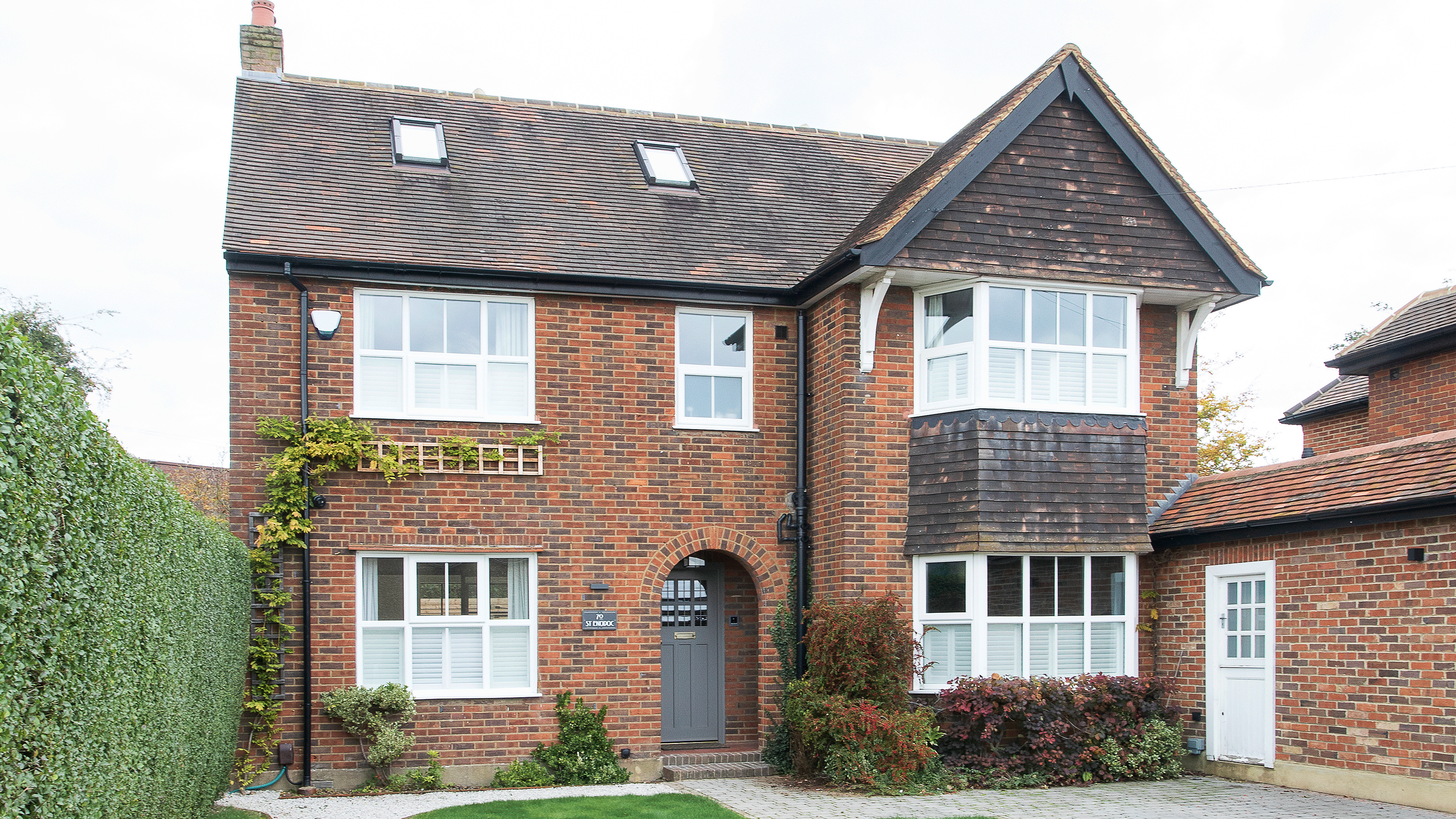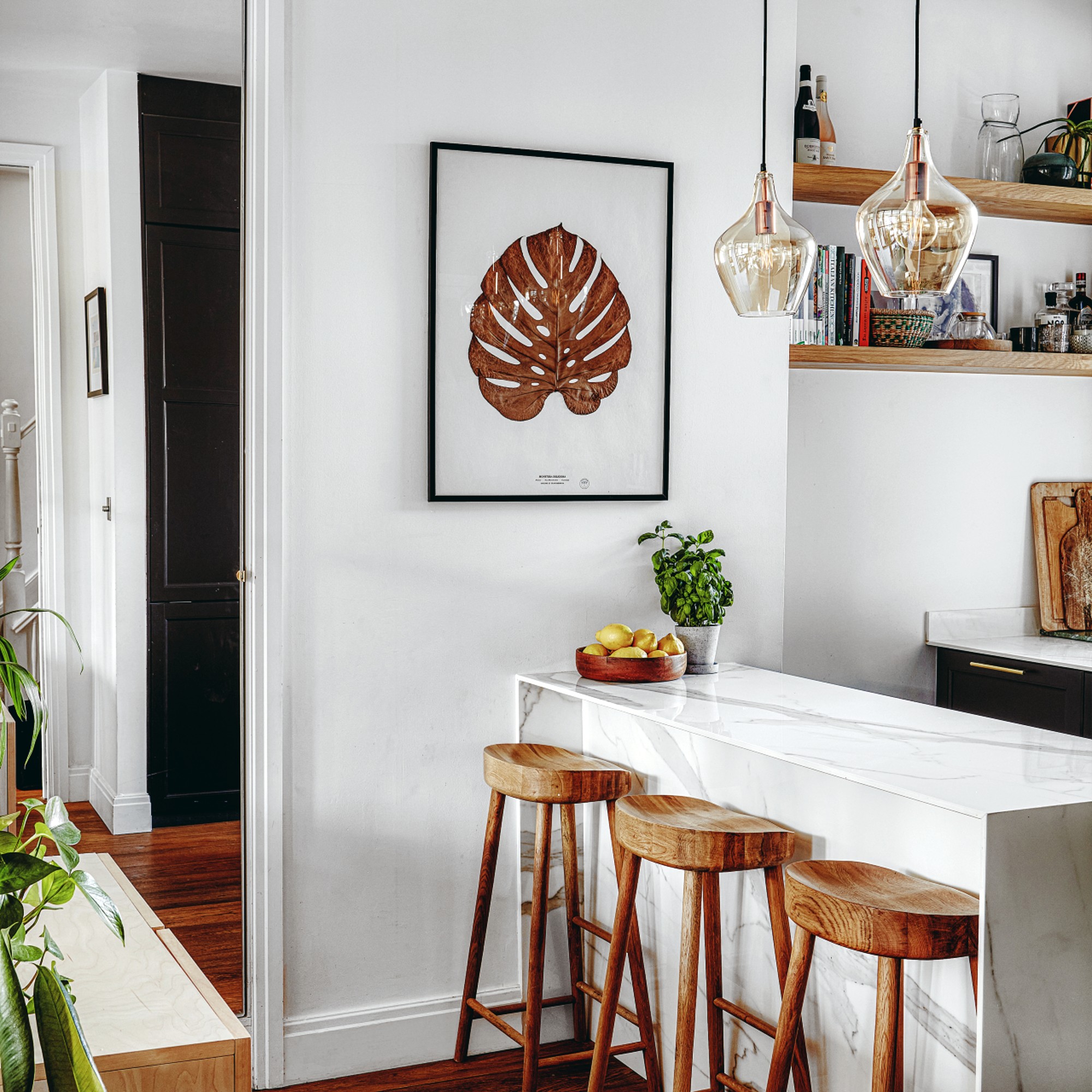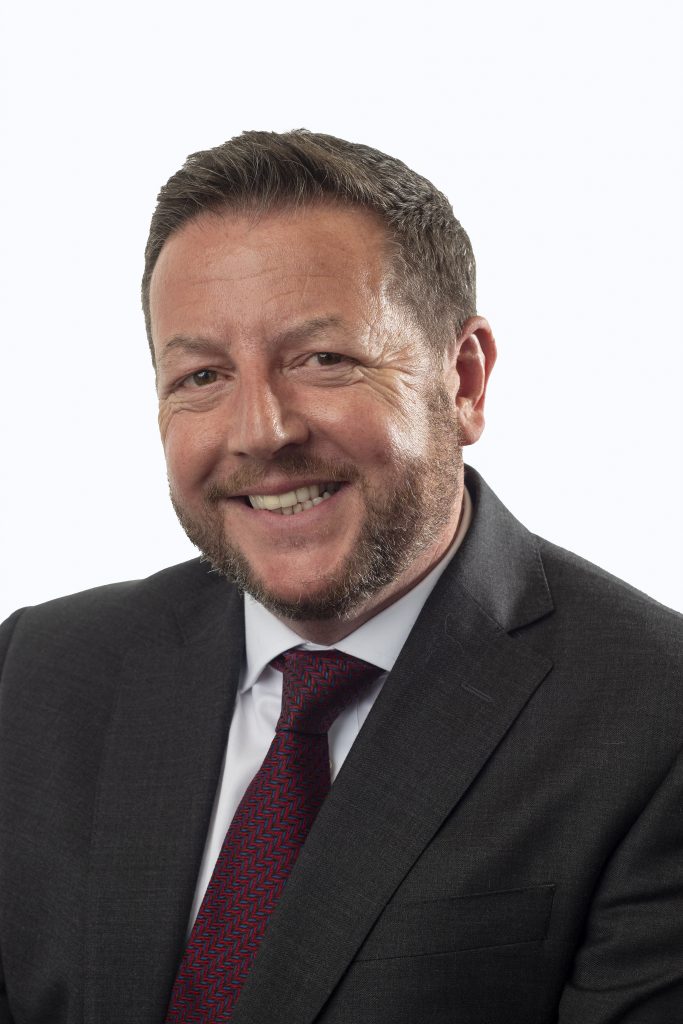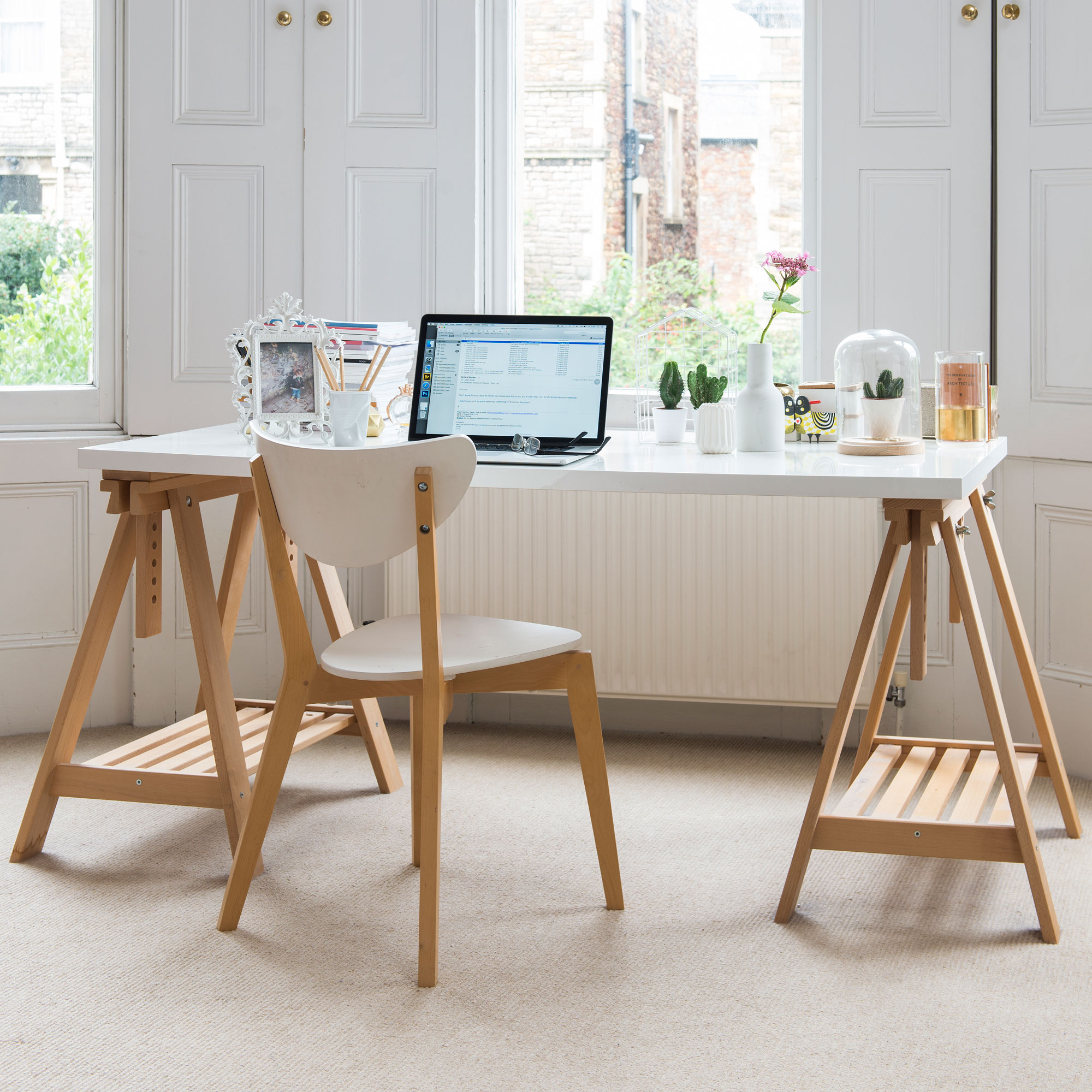We put your mortgage questions to two leading experts, here's what they said
As mortgage panic continues, we've answered the most common questions - from when mortgage rates will come down, to when you actually have to pay stamp duty

Not so long ago, a mortgage was something you only discussed with your bank or your broker. But since October, when rates more than doubled, mortgages have become a hot topic among friends and family. Concerns over affordability and buying a home are naturally rife.
Ideal Home's Money Editor Sarah Handley says: 'With some mortgage rates now hitting 7%, it's no wonder people are incredibly worried about how they will keep up with their repayments, or in the case of first time buyers, whether they will actually make it on to the property ladder any time soon.'
So we asked two mortgage experts, Simon Cutler and Adrian Anderson, to share the answers to the most frequently asked questions from borrowers and to shine a light on the parts of the mortgage journey and bank lending policy that are commonly misunderstood.

How high will mortgage rates go?
It's hard to predict exactly how high mortgage rates might go, but as many are linked to the Bank of England's base rate, which has risen more than 13 times in a row, they could go higher. But it is forecast that interest rates will peak in early 2024, but it is not known how soon they will come down again.
For those looking to get a mortgage, it's advisable to save as much of a deposit as you can, and get your finances in the best shape they can be, to maximise your chances of securing the best rate from your lender.
If you're worried about your mortgage skyrocketing, there are potential solutions worth considering. And here's what to do if your mortgage payments become unaffordable.
I need a long mortgage term but I'm already 40 - can I extend my term past retirement age?
'Yes you can, many lenders will lend up to the age of at least 70 and some up to age 75,' says Simon Cutler, director of independent financial advisors Blackdown Financial. 'Although there’s no compulsory age when you must retire from work, if you’re taking the mortgage term beyond the state retirement age, lenders will ask to see evidence that you have a private or workplace pension to sustain your income later in life.'
Sign up to our newsletter for style inspiration, real homes, project and garden advice and shopping know-how
Some banks will offer a mortgage up to the age of 80 at the end of the term.

Simon is Director and financial planner at Blackdown Financial, with more than 27 years experience, with particular focus in mortgages, protections, pensions and investments. Simon has been listed in The Times as one of the top financial advisers in the UK for many consecutive years.
Can I extend my mortgage term when I remortgage?
Since borrowing costs rose, this has become a common request among remortgage borrowers, according to Adrian Anderson, director of mortgage brokerage Anderson Harris. 'You can extend your term when you remortgage to lessen the impact of the jump up in interest rates when you switch deals. By extending your term, you will lower the monthly payment but you will to pay more interest in the long-term. You can reduce your mortgage term in the future.'

Adrian is Managing Director at mortgage brokerage Anderson Harris. Specialising in offering the best mortgage and protection advice to high-net-worth clients, and was the winner of the Best Business Leader: Broker )fewer than 10 advisers) in the British Mortgage Awards 2022.
Is it okay that 100% of my deposit is from my parents?
100% gifted deposits are widely accepted by lenders but some attach certain rules to their acceptance. For example, Halifax will only allow the gift to be from a family member specified on its list of acceptable relatives. Santander does not insist the donor is a family member,
Both lenders ask for a letter from the donor confirming the money isn’t repayable.
NatWest, on the other hand, specifies only parents or guardians can gift money but it’s okay if the money is a loan. The monthly repayment will be taken into account when the lender checks the mortgage is affordable.

Will a student loan impact the size of the mortgage I'm offered?
'Almost all lenders factor in student loans when calculating how much to lend you,' says Adrian Anderson. 'As your income rises, so too will your student loan payment and this will feed into the bank’s affordability calculator as a regular outgoing which will reduce the amount you can borrow.'
Why don't many lenders offer 95% mortgages on new-build properties?
New-build properties come with a higher price tag than equivalent second-hand homes because you’re paying a premium for being the first owner. That premium can be around 5% or more. If you sell the property two years later, you will lose the new-build premium so it could be worth less than you bought it for.
If you bought the property with a 5% deposit, you may end up in negative equity. If the lender had to repossess the property, it may struggle to recover the whole mortgage when the property is sold. For that reason, lenders often insist borrowers put down a deposit of between 10% and 20%.
What happens if the valuer instructed by the bank thinks the property is worth less than I'm buying it for?
The lender bases its maximum loan amount on either the purchase price (the price you’ve agreed with the seller) or the valuation, whichever is lower.
'Let’s say you agree a price of £400,000 with the seller,' explains Adrian Anderson, 'and the bank offers you a maximum mortgage of 90% which is £360,000. If the bank’s surveyor values the property at £380,000, the bank’s 90% mortgage offer falls to £342,000 [90% of £380,000]. If you still want to buy the property, you must either pay a deposit of £58,000, instead of your original £40,000 deposit, or negotiate the purchase price lower.'

When do you pay stamp duty?
Buyers have 14 days to pay their stamp duty bill to HMRC. Your solicitor can do this for you, but it is your responsibility to meet the deadline.
Stamp duty can be the most expensive cost associated with buying a new home. It’s paid to HMRC by home movers on the value of the purchase price above £250,000. For first-time buyers this threshold is £425,000. Both thresholds are scheduled to fall next year.
What happens on the day of completion?
On the day of completion the ownership of the property passes from the seller to the buyer. But first, the money to purchase the property, a combination of your savings and a mortgage, must be transferred from your solicitor to the seller’s. The mortgage funds will be requested from the bank a few days ahead of completion. Once the seller has received the funds, the estate agent will release the keys to your new home.
Samantha Partington is a personal finance journalist specialising in mortgages and the property market.
Over the past nine years, Samantha has worked for the Daily Mail, trade website Mortgage Solutions and business title Property Week. She regularly writes for national money pages including Money Mail and Sun Money and supports prop tech firms with content writing.